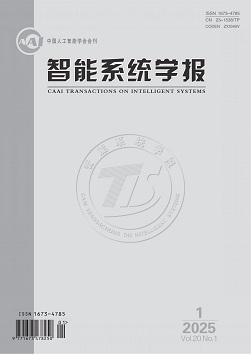¡¡¡¡Research procedures must be carried out in accordance with national laws and regulations. Violation of research ethics refers to research work that is conducted in the paper without ethical approval as required, or beyond the range of ethical approval, or in contravention to the accepted research norms and ethics. The specific examples are as follows:
1)Ethical approval is not received to carry out the research reported in the paper or certificate of ethical approval can not be provided.
2)The research conducted goes beyond the range of the ethical approval.
3)The research procedures violate research ethics, such as infliction of harm to the human subjects, abuse of experimental living animals, violation of the principle of informed consent in research etc..
4) The paper has disclosed the privacy of the subjects or participants.
5) The author does not declare a conflict of interest in the research as required.
Authorship
¡¡¡¡Submission of the paper to CAAI Transactions on Intelligent Systems (CAAI-TIS) should be approved and confirmed by all authors. Each author is expected to make substantial contributions to the conception or design of the work; or the acquisition, analysis, or interpretation of data for the work, and drafting or revising the paper for important intellectual content. Consent on the author list shall be given by all contributing authors. A person who has contributed substantially should be included in the authors. A person who has not made a sufficient contribution to the work should not be included in the authors. All authors shall take responsibility and accountability for the scientific quality, accuracy and research ethics of the paper.
Conflict of Interests and Source of Funding
¡¡¡¡Authors shall disclose potential conflicts of interest via the online submission system during the submission process. Research papers supported by project funding should provide detailed information as to the name and identification code of the project. The author should be one of the project investigators.
Percentage of Duplicate Content
¡¡¡¡Simultaneous submission of manuscripts to more than one journal is not permitted. If the manuscript is similar to the paper that has already been published in any part such as research hypotheses, sample characteristics, methods, results and conclusions, it will be rejected for publication. The editorial department adopts Academic Misconduct Literature Check (AMLC) of the China National Knowledge Infrastructure (CNKI) database as the plagiarism checker. If the percentage of duplicate content exceeds 10 percent, the paper will not be accepted for publication.


